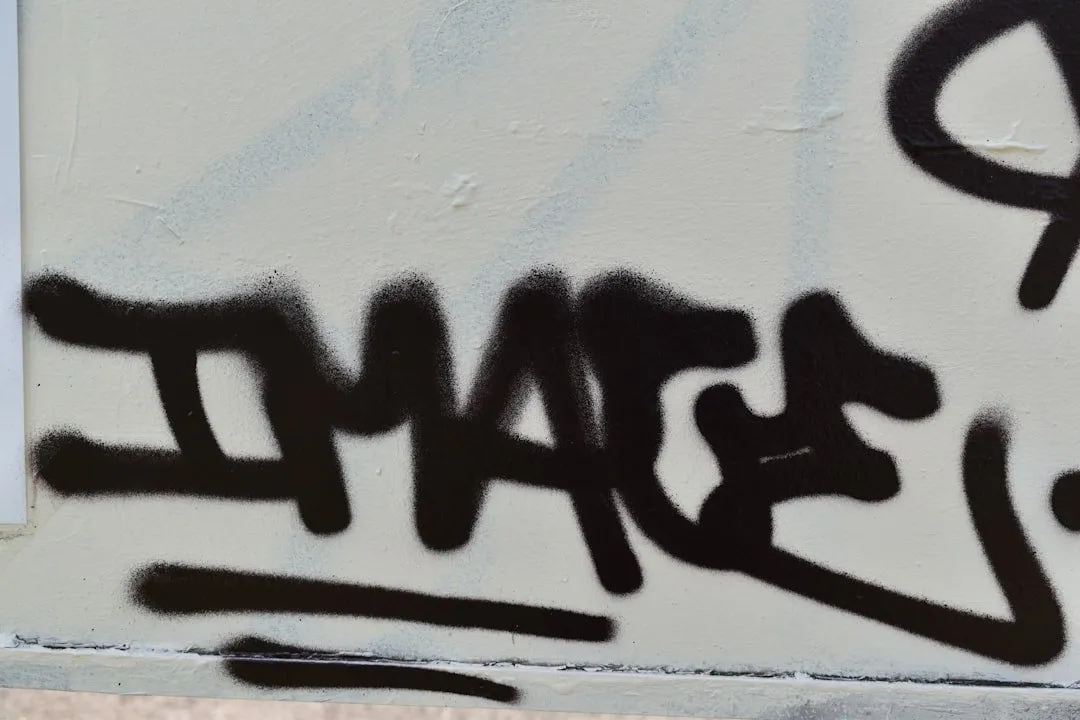Muscle soreness, especially DOMS, can be managed naturally with kratom, a plant-derived compound. While kratom's legality varies in Illinois due to its opioid-like properties, it offers relief for pain and inflammation without pharmaceutical side effects. Despite being generally legal state-wide, local restrictions exist, making it crucial to check IDPH guidelines and local ordinances before using kratom for muscle soreness, especially with varying federal regulations. Always consult healthcare professionals first.
“Experience nagging muscle soreness? You’re not alone. From intense workouts to everyday strain, discomfort can hinder your active lifestyle. This guide tackles muscle soreness head-on, offering insights into its causes and natural solutions.
We shine a spotlight on Kratom as a potential relief option, exploring its effects and popularity. A key focus: understanding the legal status of kratom in Illinois. Is kratom legal there? We provide a comprehensive review to ensure informed decisions.”
- Understanding Muscle Soreness and Its Causes
- Exploring Kratom as a Potential Relief Option
- Is Kratom Legal in Illinois? A Comprehensive Review
Understanding Muscle Soreness and Its Causes

Muscle soreness, often described as delayed onset muscle soreness (DOMS), is a common issue affecting athletes and active individuals alike. It typically occurs 24-72 hours after intense or unfamiliar exercise, leading to discomfort, stiffness, and reduced range of motion. This physiological response is part of the body’s adaptation mechanism, where micro-tears in muscle fibers prompt an inflammatory reaction, resulting in soreness. Understanding these causes is crucial when seeking effective relief.
In Illinois, the legality of kratom varies across different regions, with certain forms and concentrations facing restrictions or outright prohibition. However, as a natural herbal extract, kratom has gained attention for its potential therapeutic effects, including muscle pain relief. By interacting with opioid receptors in the body, kratom may offer an alternative solution for managing soreness, especially for those seeking non-pharmaceutical options.
Exploring Kratom as a Potential Relief Option

Kratom, derived from the tropical plant Mitragyna speciosa, has gained attention for its potential therapeutic benefits, including muscle soreness relief. As an alternative treatment option, it offers a natural approach to managing pain, particularly in regions where over-the-counter medications may be limited or where individuals seek more holistic remedies. In Illinois, the legal status of kratom is a consideration; while it remains largely unregulated, certain forms and concentrations are subject to restrictions, so it’s crucial to understand local laws before exploring this option.
For those seeking muscle soreness relief, kratom’s active compounds, mitragynine and 7-hydroxymitragynine, interact with opioid receptors in the body, providing analgesic effects. Its usage has been popularized through online communities, where individuals share positive experiences with kratom for managing chronic pain and inflammation. However, it’s essential to approach kratom as a complementary therapy, consulting healthcare professionals for personalized advice, especially considering potential side effects and individual reactions.
Is Kratom Legal in Illinois? A Comprehensive Review

In Illinois, the legality of kratom is a nuanced topic that has evolved over time. While there’s no statewide ban on kratom possession, its sale and distribution are regulated by local laws and health department guidelines. As of recent updates, kratom is considered legal in most areas of Illinois, but specific cities and counties may have their own restrictions or prohibitions. It’s crucial for consumers to check local ordinances before purchasing or using kratom products.
A comprehensive review reveals that Illinois falls under the federal Drug Enforcement Administration’s (DEA) Schedule I controlled substance list, which includes substances with a high potential for abuse and no accepted medical use. However, this classification primarily refers to pure mitragynine extracts, not the full-spectrum kratom leaves commonly used for their analgesic and relaxing properties. The Illinois Department of Public Health (IDPH) has clarified that kratom products containing less than 0.3% mitragynine are legal as long as they comply with local regulations. This distinction highlights the importance of understanding both federal and local laws when considering the use of kratom for muscle soreness relief or other purposes in Illinois.
Kratom has emerged as a potential natural remedy for muscle soreness, offering relief without the side effects often associated with traditional pain medications. However, it’s crucial to consider its legality, especially in Illinois, where regulations vary. Before using kratom for muscle soreness or any other purpose, ensure you’re doing so responsibly and within local legal boundaries. In terms of muscle soreness relief, further research is needed to fully understand its mechanisms and effects, but the current evidence suggests kratom could be a game-changer for natural pain management.














